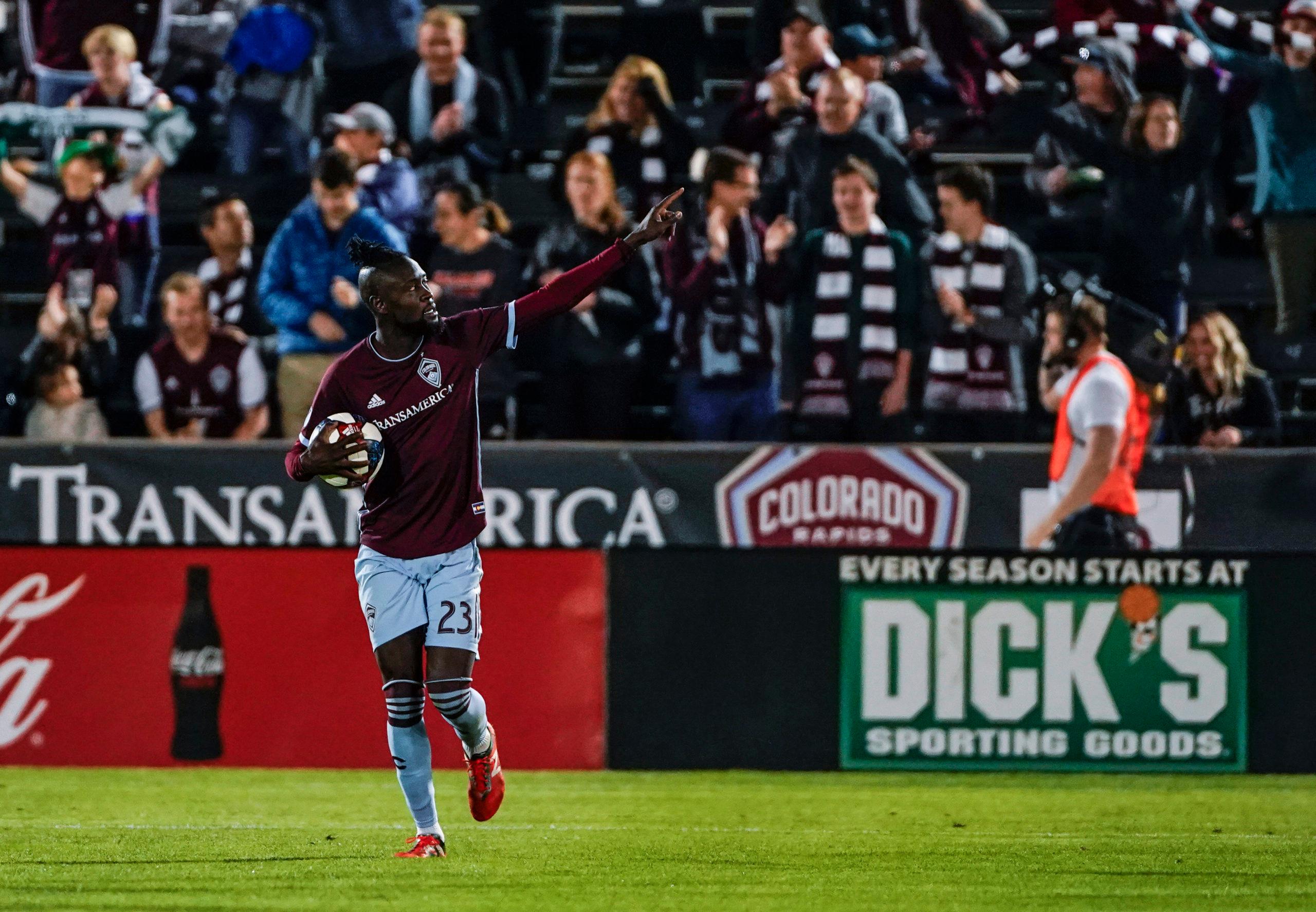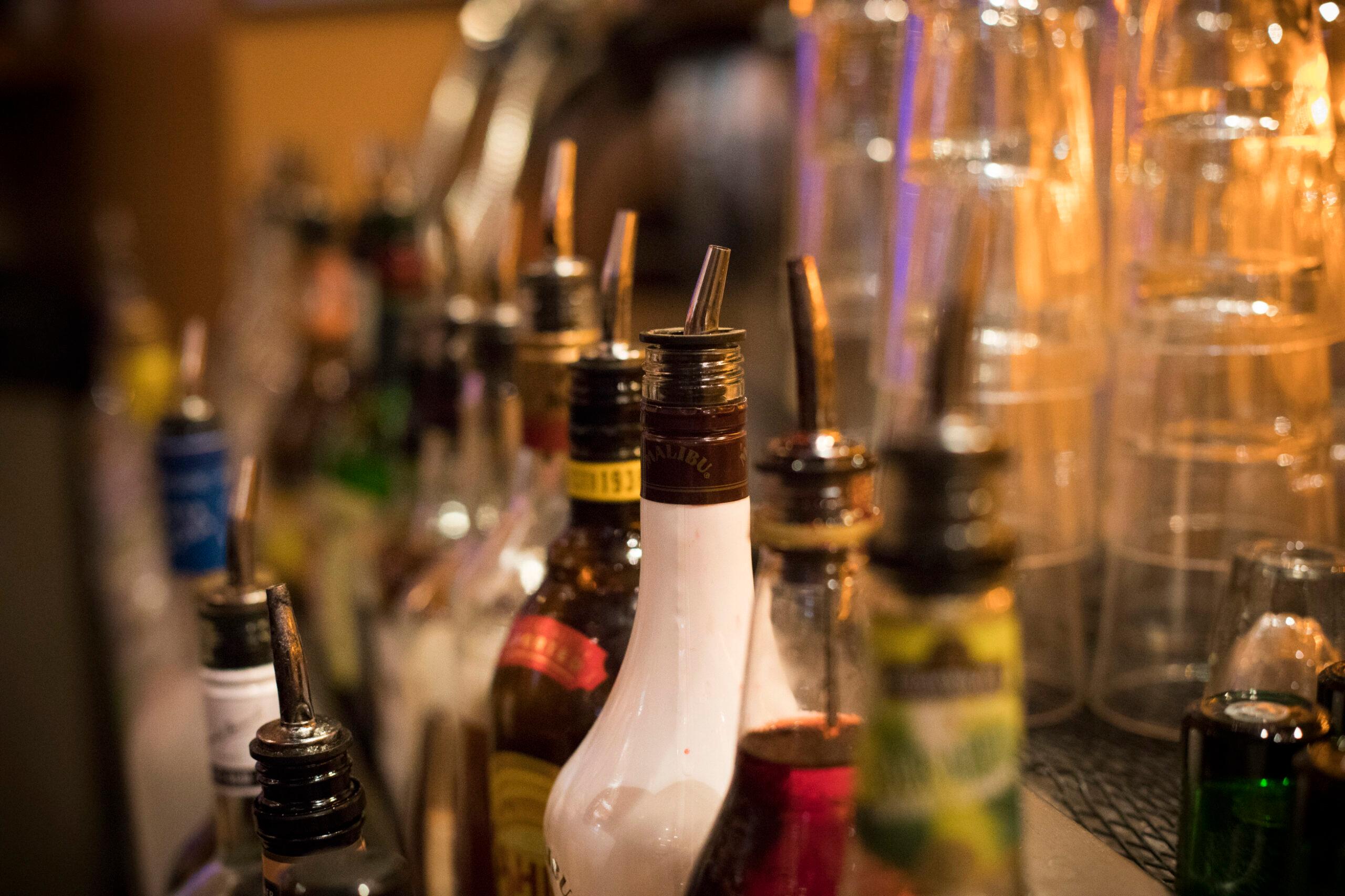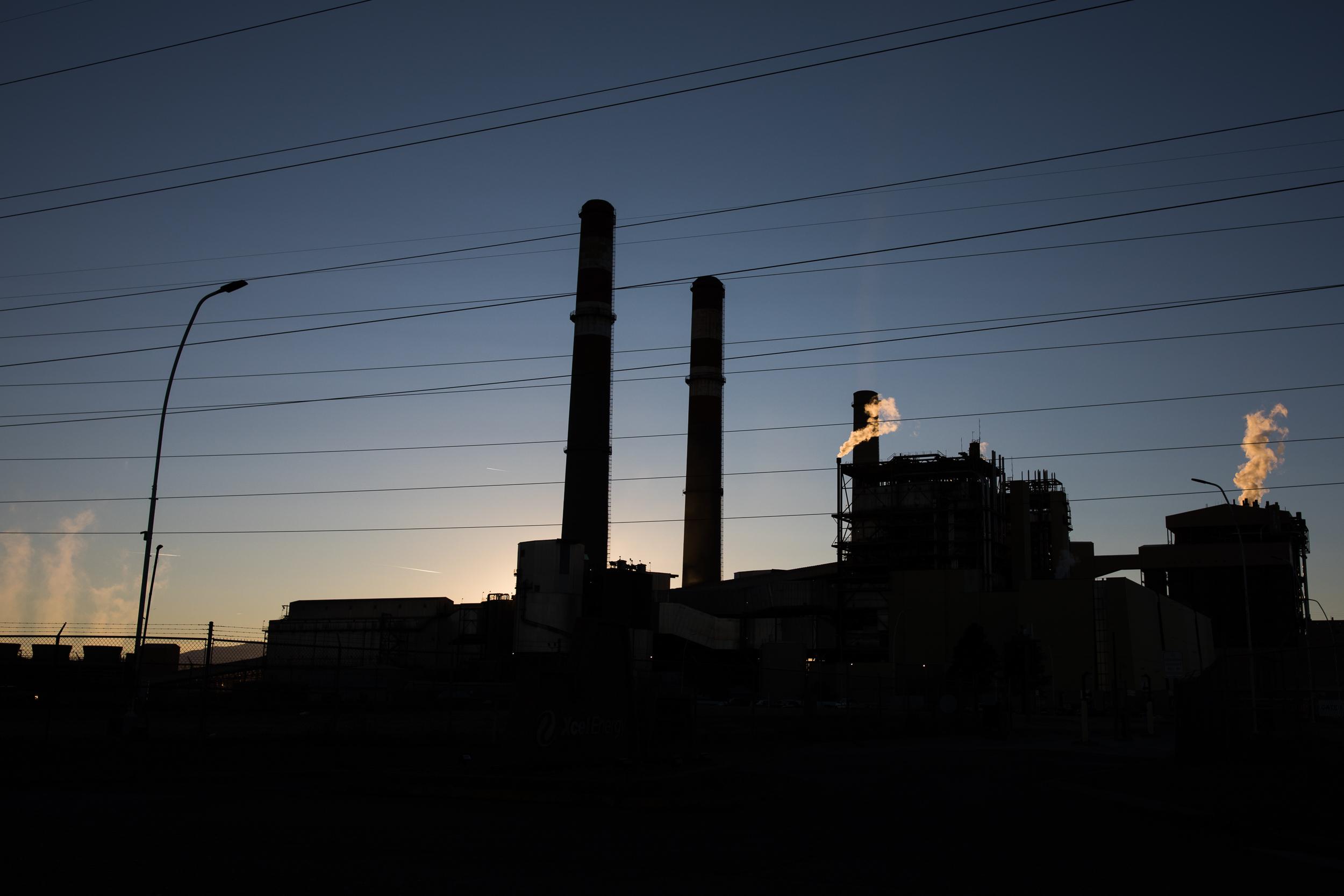
When Colorado Rapids veteran forward Kei Kamara isn’t scoring goals or working on his game, he’s usually trying to keep up with his two young children. One of them, in particular, has a lot of questions about what’s going in the world right now.
“Because they keep asking about it, you know, over and over. My son mentioned a few times, and he's even walked around the house and echoed, ‘Black Lives Matter,’” Kamara said during a recent video interview.
“I was like, ‘You’re only three-years-old. How do you remember those things?’”
Kamara and his wife took their kids to some of the protests in Denver following the death of George Floyd because they wanted to educate their children about the movement.
Right now, after a delayed start to the MLS season due to the pandemic, Kamara and his teammates are back in action, as the Rapids participate in the MLS Is Back Tournament. When the tourney kicked off last week, players paid tribute to George Floyd, the Black Minnesota man who died in police custody and whose death sparked outrage across the world. Players wore black face masks that read “Black Lives Matter” during a powerful on-field demonstration where they stood silent for eight minutes and 46 seconds — the length of time a white police officer placed his knee on Floyd’s neck.
Kamara is one of more than 70 MLS players to organize a group called Black Players For Change, which aims to boost the voices of Black people in and outside the league and to press for systemic change.
“I mean, how many Black coaches do we have? How many Black GMs do we have?” said Kamara. “So, it's about players giving their lives and blood and sacrifice for families and all that for clubs for so many years. And then after are not really being considered for a position … even when they do have the qualifications for it.”
Meanwhile, after the NBA suspended play in March due to COVID-19 concerns, 22 teams, including the Denver Nuggets, are soon set to resume play in Orlando. During games, the Black Lives Matter movement will be seen on the court, literally. The league plans to paint the phrase on courts and sidelines.
For their part, coaches have launched their own group aimed at tackling racial inequities, called the NBA Coaches For Racial Justice.
“I think we can play basketball while also making sure we keep the conversation where it needs to be,” said Nuggets head coach Michael Malone, who is white. “We're trying to fight for lasting and sustainable change. And we can't allow the games beginning back again to take the light off the message and what's going on because this is the moment. This is unlike all the other years. We have to carry this through.”
For those involved in sports who seek a long-time-coming racial justice reckoning, they hope this year is going to be different, that this is the year that results in real, meaningful change in the sports world when it comes to racial issues.
“I don't think this (movement) is something that's gonna phase-out,” said Amira Rose Davis, an African American assistant professor at Penn State University, where she teaches topics like African American history and sports history.
On the other hand, Davis is worried that sports and corporations involved in the games commercialize the message of Black Lives Matter in a way that distracts from what the movement is all about in the first place.
“Picture football coming back and Monday Night Football and, you know, halftime displays and a nicely shot, produced video. And, ‘We're all in this together.’ And here's a monetary commitment that seems like a really large number, but it’s only two percent of our operating budget,” she said. “And you're happy because all of the sudden there has been like a new Black coach in the league and they started a new scholarship named after Colin Kaepernick, but they can't even say his name in the video.”
Can the Black Lives Matter movement motivate the sports world to move beyond these cosmetic changes into something that’s more lasting and impactful? One of the biggest areas of concern has long been the lack of Black head coaches across all sports.
Tremaine Jackson is a first-year head football coach at Colorado Mesa University in Grand Junction. He says most Black head coaches in NCAA Division II football are employed at historically Black colleges, which are more likely to have Black coaches anyway.
“Out of 146 head football coaches, there are only seven Black head coaches outside of the historically Black colleges,” Jackson said. “And I happen to be one of the seven. And when you look at college football, overall 57 percent of the players this past year were Black, but we don't have 57 percent of the representation outside of playing.”
Jackson says the dearth of Black head coaches in college football can have adverse impacts on recruiting.
“You need Black coaches, minority coaches, in order to relate (when you’re) sitting in kids’ living rooms,” Jackson said. “Somebody has got to go recruit the kid in Compton, California. Somebody's got to go recruit the kid in North Houston. But when it comes down to being in charge, not very many of us are in charge. That's an issue and it's a systemic racism issue in my opinion.”
And it’s not just the fact there’s not a whole lot of minority coaches or general managers. The roots of racial inequality in sports dig a lot deeper than that. For example, Major League Baseball is losing Black representation at alarming rates. According to Forbes, in 1981, 18.7 percent of Major League Baseball players were African American. On Opening Day in 2018, that number was just 8.4 percent.
“There are so few (Black players) on the field because there's so few participating at the youth and high school levels,” said Thomas Harding, a Black Major League Baseball reporter who covers the Rockies. “And that has become a finance thing. I mean, the sport has almost become a country club. You have to pay a lot of fees that you didn't have to pay in the past. And I'm not sure they produce better ballplayers.”
So, the division between the haves and the have-nots starts at the earliest levels of baseball. And Harding says that can have a lasting impact on the future of the game itself.
“You look in the stands and there certainly are not a lot of African American or even, or even Latino fans, even though they love the sport,” Harding said. “But the biggest determiner of being a fan, especially in the United States, is having played at some level. And once again, if you can't actually get on the field and play, then you're not going to be a baseball fan, or it’s going to be very hard.”
While these systemic racial issues in sports will take some time to fix, there seems to be an inflection point occurring now when it comes to dismantling racist imagery that has long-been associated with some sports leagues and teams. This summer, NASCAR banned the Confederate Flag at their events, and Washington’s NFL team will soon do away with their racist nickname and logo.
And schools across the country, including here in Colorado, are taking hard looks at getting rid of their disparaging mascots as well.
These are things many people thought would never happen.
But how does more systemic change occur when some people involved in sports don’t even see there’s a problem? Denver Broncos coach Vic Fangio made headlines this summer when he said he doesn’t see racism and discrimination in the NFL. He apologized for his comments.
And last month, President Trump said he would not watch NFL games if players protest during the National Anthem.
So, four years after Colin Kaepernick protested police brutality and inequality, these same issues remain. But now, some believe that his work to shine a light on these problems is finally getting the attention they deserve.
“Colin Kaepernick could come out and say, 'I told you so,' but he hasn't,” Jackson said. “You know, my grandma liked to use the term, ‘Eat a little crow.’ Everybody's having to eat some crow. I remember when nobody wanted him around. And so I think now around college football, especially coming out of a pandemic and everybody being at home and seeing what happened with George Floyd, there will be more demonstrations (in sports), in my opinion.”
Jackson is hopeful that demonstrations and calls for change, especially from young people, will keep the movement going. So does Amira Rose Davis. But she also worries that white allies may lose enthusiasm.
“There was already a discussion recently of: Do you have ally fatigue? I was like, ‘Excuse me? You're tired of living in this sense of uncomfortability about being an ally for two weeks?’ It’s just on its face a little bit preposterous,” Davis said. “But that was already a conversation, right? So what happens after all the white people read ‘white fragility’ and now they're like fully fragile and they're like, ‘Alright, I'm done with it.’ It's like, ‘I'm great’ after spending a few months meeting with their anti-racist book club and then what's next?”
But Rapids player Kei Kamara hopes the movement will only grow stronger. He hopes people of all races never forget the outrage they felt after seeing the video of a white cop’s knee on George Floyd’s neck.
“Rest in peace and condolences to the George Floyd family, but for somebody like that (who has to) be that sacrifice again, it’s time to wake up. The whole world has said, ‘You know what? Enough is enough.’”









